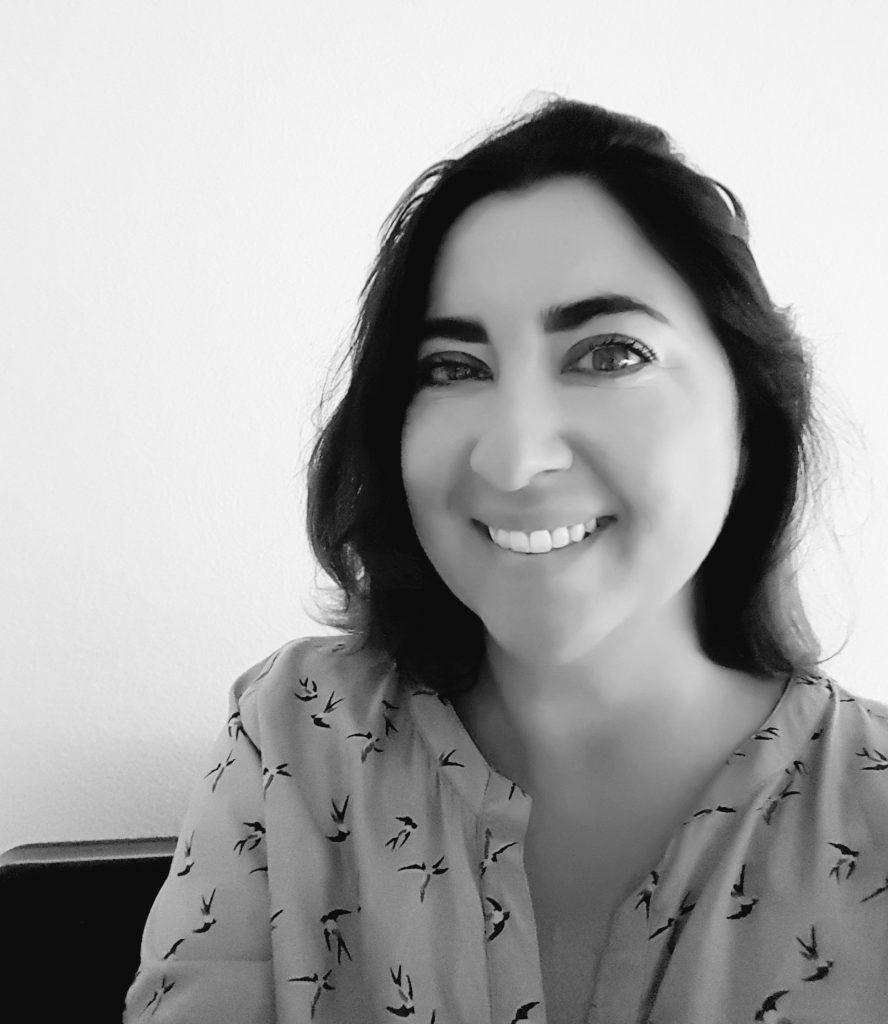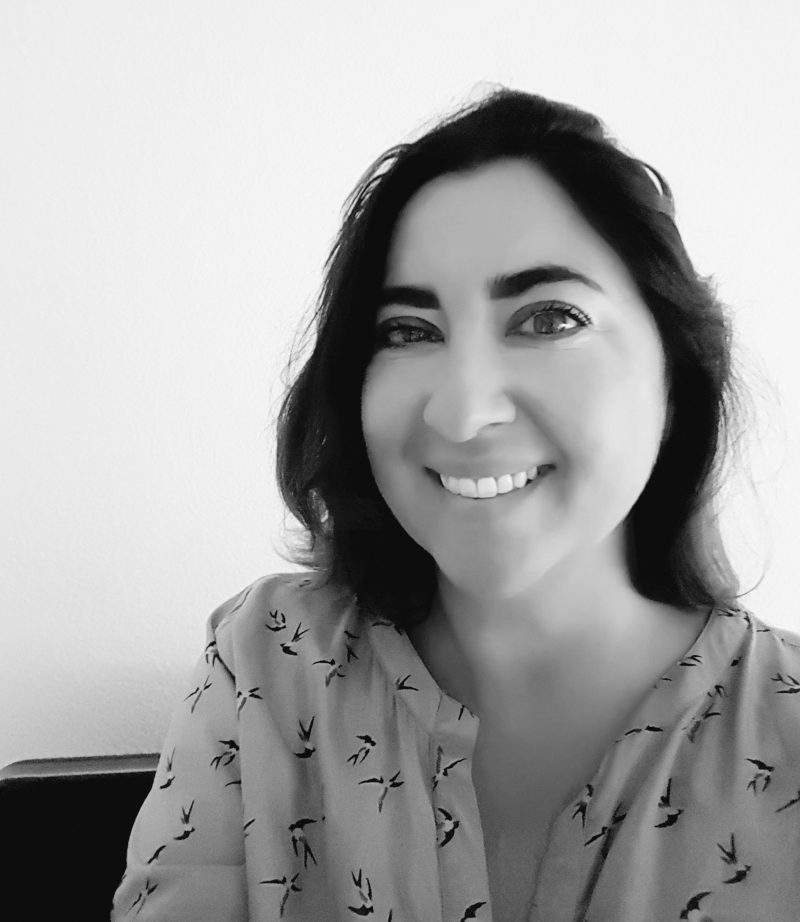In today’s ever-changing world the way we speak to each other is continually evolving. With the help of technology, a whole new language has been made available to us through smartphones. It has enabled us to interact more efficiently. Yet there is still one line of communication that needs improvement and that is the one between our psyche and body. Fortunately, our body has all kinds of ways of letting us know when it needs help or when to slow down. Though the dialogue may vary, the message is often sent in a similar way, which is through a series of signs or signals. This is not unlike the emojis we use on our phones. Whatever your body wants to communicate, it will, but it’s up to us to be like a good partner and try to understand what it wants from us. Unfortunately, I didn’t take the time to decipher what my body was trying to tell me and ended up having a full-blown nervous breakdown.
The first sign I received that something was amiss was when I started having trouble falling asleep. I had always been a night owl. I would stay up late reading, painting or simply watching TV. I would go to bed well past midnight and fall asleep as soon as my head hit the pillow. Slowly that started to change. Having trouble sleeping I decided to take a natural sleep supplement. It seemed to work at first. I didn’t think I was experiencing more stress than usual. I am a language teacher, who goes in-house to various companies teaching business and exam English in and around Zurich. At that time, I was teaching early morning classes, lunchtime classes, and exam courses well into the evening. This entails loads of train commuting back and forth and walking. I had been working like this for years.
The second signal my body gave me was when my beautiful and thick hair began falling out in clumps. At that point, I had been living in Switzerland for almost 15 years and had become adjusted to life in a foreign country. Although from college on into my late 20’s I had been a city girl, I made the transition to village life quite smoothly and since I was still commuting into the city daily, I got my urban fix on a weekly basis. The orderliness of Switzerland seemed to couple nicely with my type-A personality. The language was challenging but I learned to navigate the local dialect well-enough to manage my day-to-day life without having to rely on English. Being away from my own family I took comfort from my husband’s family, especially his grandparents. We just seemed to click from the moment I was introduced to them.
After a decade of getting to know them and becoming part of their lives, they began to die off one by one. Snatched by death like thieves in the night, sometimes we were prepared for this finality and other times it happened in an instant. In the meantime, we had had our own struggles with trying to conceive a child: so much hope and longing to carry on the lifeline of those who went before us and to create the family that we had always longed for. To add to this stress, in the months leading up to my breakdown we had discovered that my husband’s beloved grandmother decided at the end of October she would end her life by assisted suicide. All the stress began to take its toll on my body. My immune system weakened and I began suffering from chronic sinus infections and several nights out of the week I could no longer sleep. I didn’t think I needed to slow down though, I didn’t wish to appear incapable or weak. I had been raised to be independent, self-reliant and strong.
Therefore I held onto the resolve that no challenge was too big and that asking for help implied weakness. When my parents separated I was in the fourth grade and suddenly I had to take over duties that I wouldn’t have had to perform if my mother had been around. I became a hyper-vigilant child, due to a whirlwind of upheaval and uncertainty that surrounded my family. I wasn’t really equipped to deal with that insecurity. Furthermore I developed physically quickly, and I think that also gave off the impression of false maturity to the adults around me. Therefore more responsibilities were placed upon me as a child than I was able to handle. These circumstances forced me to skip an important developmental stage in my life. It is no wonder that my body finally lost all of its patience with me and the whole line of communication between my psyche and body fell apart. The final warning sign was when I could no longer stand before a group without shaking. November 2nd, 2017 was a day like any other day: I woke up, grabbed a coffee and had a shower. Somehow, despite having loads of time, I still struggled to catch the train. I realized on the way to work that I was shaking and no matter what I did I could not manage to steady my hands. When I arrived in the city, I actually got lost trying to find my way out of the station. I had traveled this route thousands of times but on this day I became confused and found myself walking in circles. Almost in tears, I eventually asked someone to direct me. I felt afraid and like I had lost my wits. Somehow I managed to get through the morning lesson and after I walked out of the class I started crying because I was afraid of returning to the train station. After I finally got on the right train I sobbed all the way home, I couldn’t stop crying. I got into the house, threw all my things down, and fell on the floor where I continued to cry.
I had to call my husband and he couldn’t understand anything I was saying. Eventually, I managed to express that I couldn’t stand up, that I couldn’t move. He immediately dropped everything and came home. He found me in a heap on the floor immobile and unable to stop howling. It was like everything that had been trapped inside of me, all the years of insecurity and hurt came rushing out. I felt like a dam that had burst and that I was going to be washed away right then and there. I had become fully incapacitated and paralyzed by fear. The next day we went to our GP who handled the situation most sensitively, making sure I received the right kind of medication for sleeping and depression, as well taking my blood to see if there were any problems that needed to be addressed. She later informed me that I had an iron deficiency and that this was yet something else that was throwing my body out of balance. She also coupled me up with a local psychotherapist who after discussing the situation with my husband, decided that the safest place for me was our home, as long as my husband also received psychological support.
Looking back I can honestly say I don’t remember the rest of November and very little of December. It took me at least three months to stop crying on a daily basis. However as a result of weekly meetings with the GP and the therapist I began to slowly calm down and understand what my faithful body had been trying to tell me for so many months, perhaps even years. I also learned that I am not as strong as I think I am and that it is okay to be weak sometimes. It was the first time in my life that I actually had someone tell me that it and it was the opposite of what I had been raised on.
A year on and I am healthier than I have been in a long time both physically and mentally, although I am still unable to work and continue to experience dips in depression. My therapy routine has increased not just for my mind but also for my body with sessions in acupuncture and yoga. Luckily my hair has also become healthy again and grown back. More importantly, though, I have recovered more balance between my mind and body. I am finally learning to listen to and better understand messages my body is trying to send me. I have been most fortunate to have a husband who has weathered both the breakdown and the rough road to recovery with me. Without his and the professional support, I don’t know where I would be today but there is still so much that needs to be resolved.

TAK Erzinger is an emerging American/Swiss poet and artist. By profession, she had been an English teacher and Cambridge English Language Examiner until last year when she was diagnosed with Post-Traumatic Stress Disorder (PTSD). During the last year nature, writing and art have accompanied her through the recovery process. The themes in her writing and poetry touch upon varying degrees of loss, forgiveness and healing, as well as some social commentary of the 21st century.








Leave A Comment